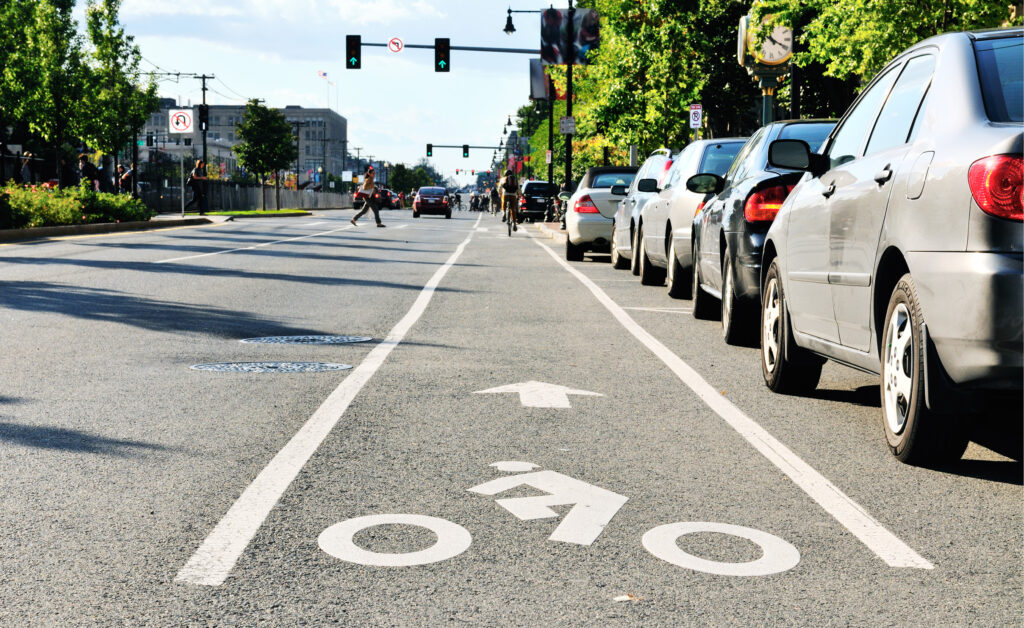by Jesse Holth –
Emergency preparedness is something you probably don’t spend much time thinking about. But it can make a huge difference – well-prepared individuals and communities are more resilient when it comes to disasters. So how do you prepare for the unexpected? Start by following these simple steps to get your household emergency-ready.
One of the quickest and easiest things you can do is opt-in to any emergency notification systems in your area. These alerts and updates come from the municipal level, like VicAlert or Saanich Peninsula Alert, as well as provincial/federal, like Alert Ready. Check that you’re subscribed to all local emergency alert systems relevant to you.
Communities that practise “everyday readiness” fare better during an emergency. This means knowing your neighbours, making sure your cell phone is always charged, and buying a few extra cans of food whenever you’re at the store. Whether you rent or own, you should also make sure you have adequate insurance coverage.
Earthquake
- Practice the “Drop, Cover, Hold On” technique, so you know what to do if you feel an earthquake. Don’t forget to stay away from windows, and shelves with heavy objects.
- Know how to turn off the water and electricity in your home, and clearly label the on-off positions for water, electricity and gas.
- Fasten heavy appliances to studs, so they don’t break gas or water lines if they shift or topple.
- Secure tall shelving units and keep heavy items on lower shelves. Properly affix mirrors, paintings and other hanging objects. DON’T hang heavy pictures over beds.
- Keep flammable items and household chemicals away from heat, and where they’re less likely to spill.
*NOTE: The shaking from an earthquake is your tsunami warning. Check to see if you live or work in a Tsunami Hazard Zone – if so, you’ll need to move to higher ground (13ft/4m+).
Flood
- To reduce the likelihood of flood damage, put weather protection sealant around basement windows and the bottom of ground-level doors.
- Do not store important documents in the basement – keep them at a higher level, in a fireproof and waterproof safe, if possible.
- During a flood, NEVER attempt to shut off electricity if any water is present – water and live electrical wires can be lethal. Leave your home immediately and do not return until authorities indicate it is safe to do so.
Power Outage
- Make sure your home has a working carbon monoxide detector – if hard-wired to the electric supply, check for a battery-powered back-up.
- Protect electronic devices like TV’s, computers and DVD players with a surge protector.
- During a power outage, don’t open your freezer or fridge unless absolutely necessary. This will keep your food from spoiling for 24 to 36 hours.
Winter Storm
- null
- Before any severe storm that is forecast, stock up on heating fuel and ready-to-eat food, as well as battery-powered or wind-up flashlights and radios (with plenty of extra batteries).
- Secure everything that might be blown around or torn loose, such as garbage cans or lawn furniture, and make sure dead branches are trimmed.
- Stay indoors, and keep away from windows, doors and fireplaces.
Wildfire
- Ensure all household members are familiar with the “Stop, Drop, and Roll” technique. Learn and share fire safety practices, hold regular fire drills, and have an escape plan.
- Consistently check for fire hazards around your home, and remove dried out branches, leaves and debris.
- Equip each floor and all sleeping areas with smoke detectors, and keep a good sprinkler in an accessible location.
*NOTE: In any emergency, listen to the directions of authorities and immediately evacuate if asked to do so.
To get started on your Emergency Plan, visit www.getprepared.gc.ca.
Emergency Kit:
A Must for Every Household
Having an Emergency Kit is crucial for emergencies. What should you include?
- Water (2 litres per person, per day)
- Non-perishable food items (granola/energy bars, canned food with can opener, and dried foods)
- Flashlight
- Blanket
- A wind-up or battery-powered flashlight and radio, with extra batteries
- First aid kit
- Extra keys for your car and house
- Extra clothes, including shoes
- Cash, including small bills and change
- Whistle
- A copy of your Emergency Plan
- (including contact information, so family members can contact each other if they are separated during an evacuation) and personal documents (ID/license, health card, insurance)
Consider any additional items you may need, such as daily prescriptions, baby food or formula, pet food, toiletries, personal hygiene items, and hand sanitizer.
You should have enough food, water, and supplies to cope for three to seven days without outside assistance.




